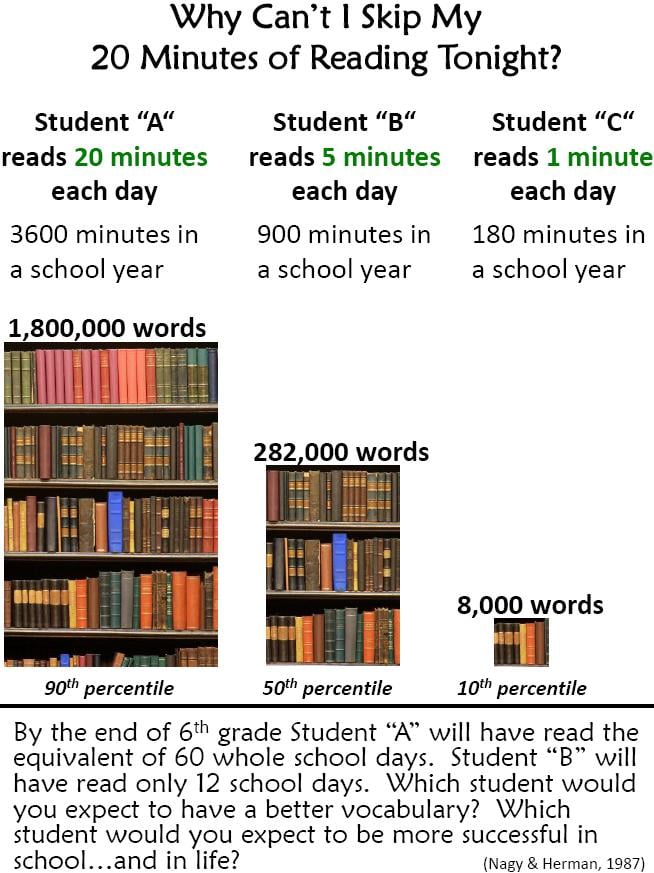Need an idea for your next expository writing assignment?
Let’s think about this together. We know that expository writing can explain: it can explain why you think something or how something is done. Perhaps you’ve been reading some articles this week about the Olympics, explaining the history of how certain sports have developed over time or explaining an opinion as to why Russia should or should not have been awarded the games.
You can think about aspects of your own life and explain the how or why of topics you know well:
Think about family vacations.
Explain why _______ is a great place to visit.
Explain why your family will never again vacation at ______.
Explain how to make the best of a rainy day stuck in _______.
Explain why air travel is _______.
Explain how to survive a long flight (or a long airport delay).
Explain why family road trips are _______.
Explain how to irritate your siblings on a family road trip.
Explain why Disney World never gets old, no matter how many times you’ve been before.
Explain why _______ is the best ride at _______.
Think about your school life.
Explain why _______ is your favorite subject.
Explain how to make ________ grades in class.
Explain why school dances are _______.
Explain how the school day could be better organized.
Explain why the school’s technology policy is ________.
Explain why grades are ________.
Explain your ideas for improving the appearance of your campus.
Explain why homework is _________.
Think about your social and extracurricular life.
Explain why being the new kid (or a cheerleader, or a ”nerd”) is ________.
Explain how to crash a friendship in three easy steps.
Explain why participation in sports is ________.
Explain what participation in ___________ has taught you.
Explain how __(insert social media)__ can ________relationships.
Explain how your parents’ rules for you should change.
Explain how you are different now than you were in sixth grade.
Explain why students need more down time during the week.
Think about your hobbies and passions.
Explain why ________ is a favorite activity.
Explain how to play a better game of ________.
Explain why you love ________.
Explain how your love of _________ enriches your life.
Explain why the haters are wrong about your passion/fandom/celebrity crush.
Explain what your most important possession is and why.
Think about the people in your life (those whom you know or have read about).
Explain why you admire _________.
Explain why ___________ is an example for others to follow.
Explain how ___________ achieved success or overcame adversity.
Explain how ___________ has taught you ___________.
Explain why you are grateful to __________.
Think about what you have learned recently.
If you like history, explain how a key event happened or why it is significant.
If you like science, explain why an experiment was successful or how a process happens. Explain how discoveries in __________ will change the future.
If you like health and PE, explain how __________ affects the body or why people should stop/start ______________.
If you like math, explain how you solve a type of problem.
If you like English, explain how a certain character ________ or why a certain character ________. Explain why you ________ reading or why a favorite book has been important to you.
If you like your independent studies, explain how ________ is done or why _________ is something you want to learn more about.
Think about the wider world around you and life’s bigger questions.
Explain why it is important to help others.
Explain how one person can make a difference in the world.
Explain why it is important to speak up for what is right.
Explain how technology is making life more _______.
Once you’ve found your topic, remember to organize your thoughts into paragraphs:
- an introduction to establish your controlling idea (don’t give your reasons or make your points yet);
- body paragraph(s) to develop that idea with your reasons, supporting them with specific support/elaboration/commentary;
- and a conclusion to echo the controlling idea and leave your reader with something more to think about.





